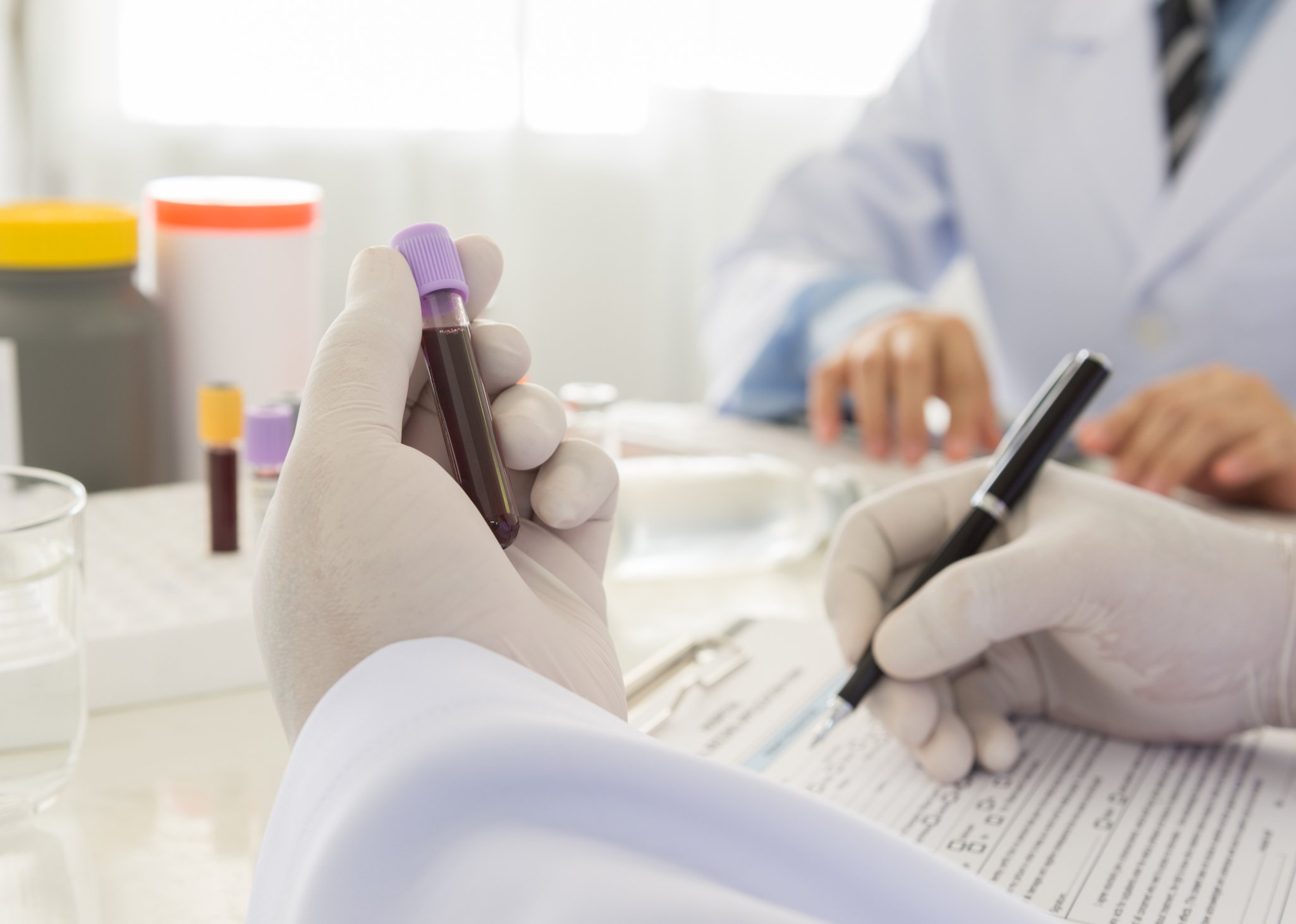What happened
Shares of Loxo Oncology (LOXO +0.00%) rose nearly 41% last month, according to data provided by S&P Global Market Intelligence. In the middle of May, the development-stage biopharma merely announced it would give two presentations at the American Society of Clinical Oncology (ASCO) annual meeting in early June. Investors got excited because one of those presentations was selected for the "Best of ASCO" program, which aggregates the highest-impact research into a special two-day event.
In other words, investors took the special treatment as an indication that the data presented on a promising drug candidate, LOXO-292, was going to deliver exciting results. And, hey, why wait a few weeks to actually see the data? While that impatience could have proven costly, Loxo Oncology didn't disappoint when the presentation finally took place in early June.

Image source: Getty Images.
So what
Loxo Oncology is making a habit of stealing the show at ASCO meetings. In 2017 the biopharma took the stage and announced impressive results for larotrectinib, the current lead drug candidate, in treating genetically defined cancers, or those with a specific genetic mutation. At this year's meeting, data were presented on an earlier-stage drug candidate named LOXO-292 that's leveraging the same clinical strategy as larotrectinib: treating cancers based on their genetic profiles, rather than where they reside in the body.
Investors are hoping that proves lucrative by combing massive market opportunities into one blockbuster drug. While none of the company's products have applied for marketing approval just yet, the future looks promising. The data presented this year on LOXO-292 demonstrated robust efficacy and safety. In fact, they were strikingly similar to the year-ago data on larotrectinib at a similar stage of development.
In the ongoing phase 1 trial, LOXO-292 delivered an overall response rate (ORR) of 77% in treating solid tumor cancers with an RET mutation and an ORR of 45% in mutated medullary thyroid cancer (MTC). The younger drug candidate demonstrated activity regardless of the specific RET mutation, the type of tumor (whether lung, thyroid, or pancreas), or whether the tumor was previously treated with a multikinase inhibitor (a sign of resistance to treatment).
Now what
While the patient population will need to be expanded beyond the 61 patients included in the latest evaluation, the data collected to date are promising for both larotrectinib and LOXO-292. That helps to explain the massive $5.1 billion market cap investors have handed Loxo Oncology. Although that looks frothy, the company's pipeline and clinical approach look every bit worthy of a multibillion valuation, so long as the drug candidates continue to deliver robust efficacy and safety in larger trials -- and eventually gain marketing approval.






